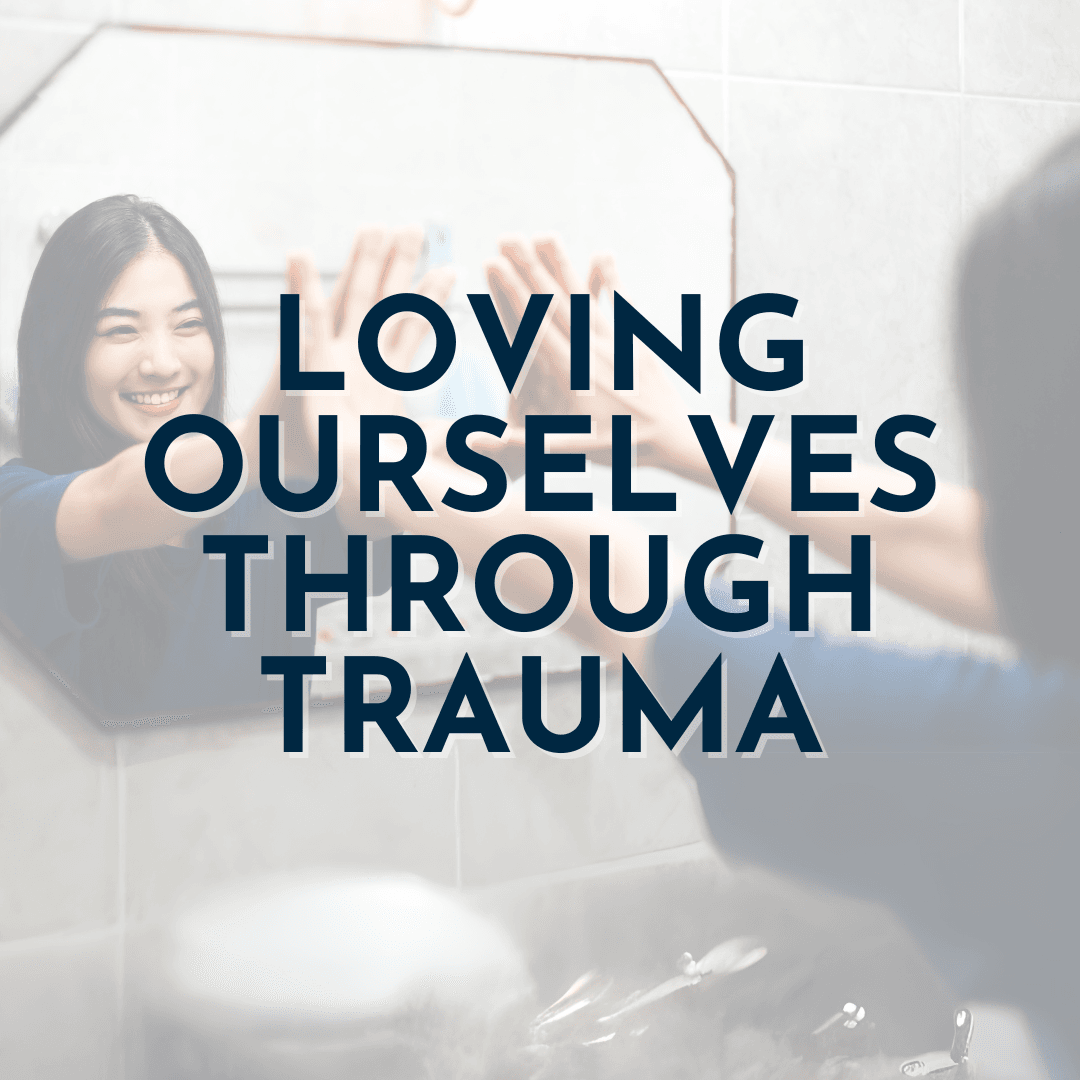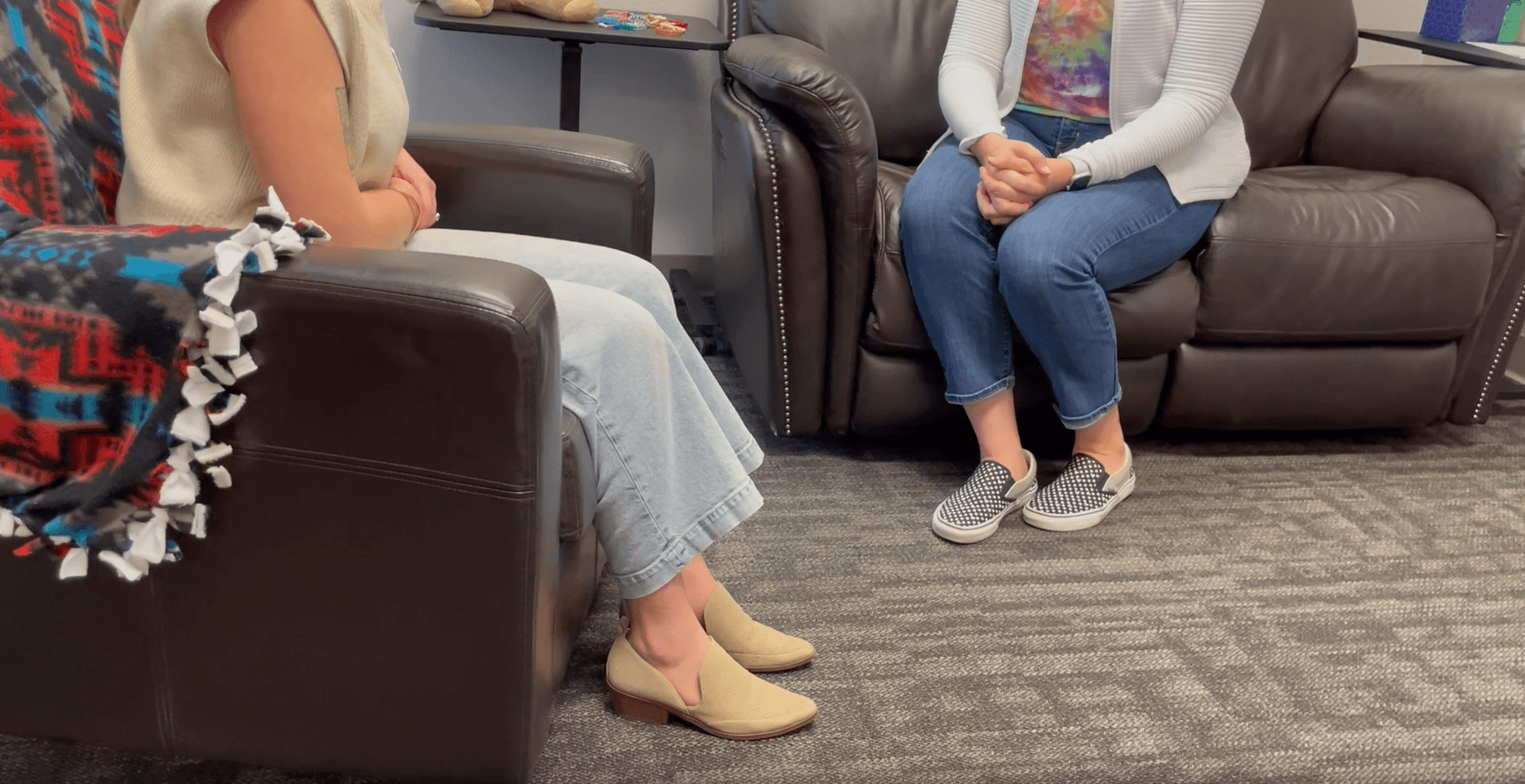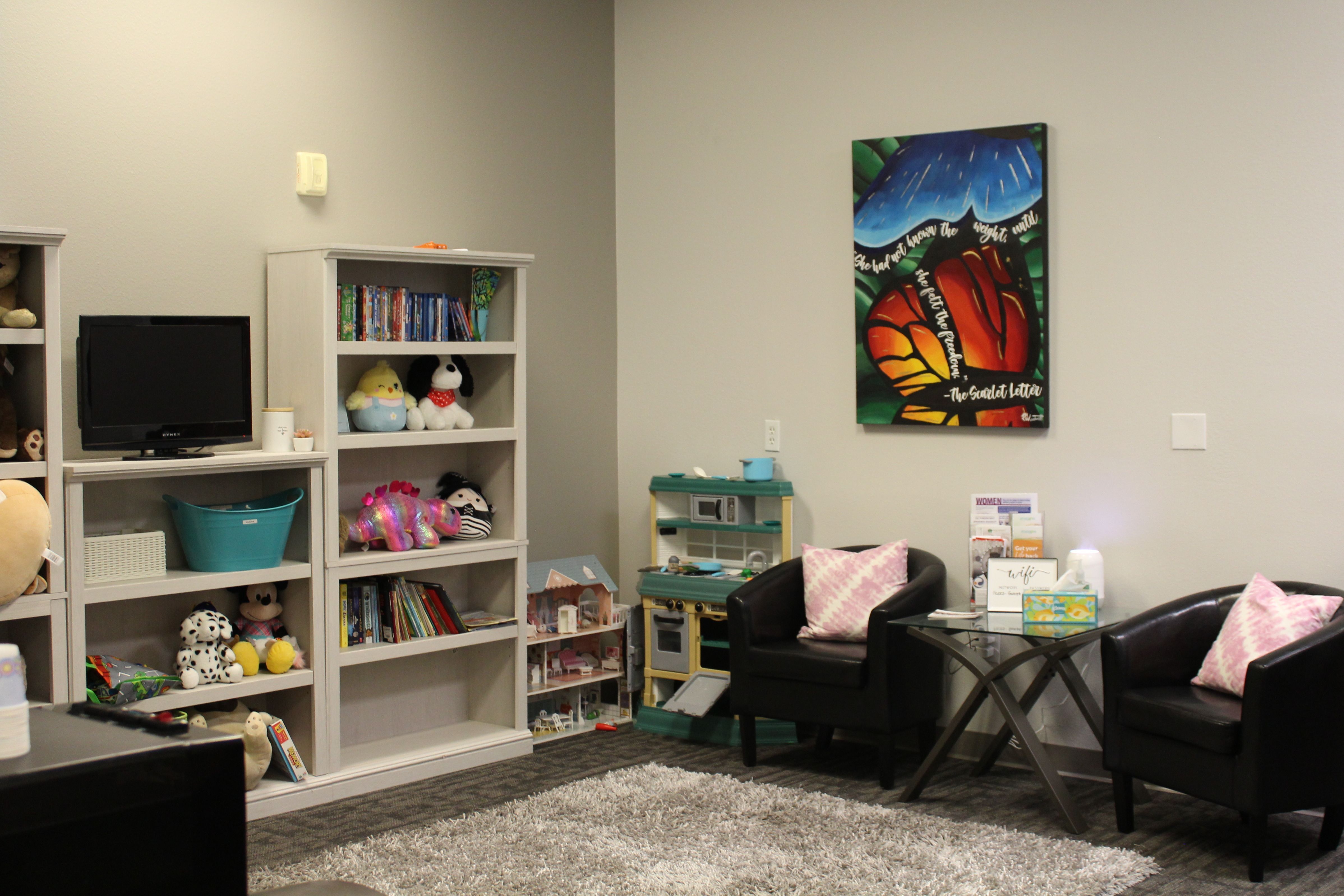
Jocelyn Ariola
Program Director
In a fast-paced world where demands and expectations regularly pull us in every direction, it’s easy to lose sight of the most crucial relationship we will ever have – the one with ourselves. Yet, within the chaos, it’s important to recognize that self-love isn’t just a powerful-sounding statement; it’s an essential foundation of our well-being. Self-love may sound simple, but it requires genuine dedication and patience. And who deserves that more than yourself?
To begin the journey of self-love, the first step involves a massive shift in how we perceive ourselves and the many parts of us that bear the weight of past trauma and hurt. As explained in “Learning to Love Ourselves (2022),” the process of establishing internal boundaries involves three distinct yet deeply interconnected spheres of work: Detachment, Inner Child Healing, and Grieving.
Detachment
Detachment marks the initial phase of this transformative journey. It necessitates letting go of narratives and beliefs that hinder our growth and well-being. Often rooted in past experiences, these narratives lead us to believe we are unworthy of love or incapable of receiving it fully. Through detachment, we learn to shed these self-limiting beliefs and make room for empowering narratives that affirm our inherent worthiness.
Inner Child Healing
The second sphere of work, Inner Child Healing, focuses on exploring painful experiences and emotional wounds from our past. Particularly crucial for survivors of abuse, this step provides an opportunity to nurture the wounded inner child within us. Inner Child Healing involves acknowledging and validating the pain and trauma endured by our inner child, while also offering the love, nurturing, and protection that may have been lacking during our formative years. When we embrace our inner child with compassion and empathy, we pave the way for profound healing and self-acceptance.
Grieving
Grieving constitutes the final sphere of work in the journey of setting internal boundaries. It involves acknowledging and mourning the losses and betrayals we have experienced, whether through abuse, neglect, or other forms of trauma. By recognizing and mourning these losses, we make room for healing and renewal, leading to a more authentic and empowered self.
Enforcing Boundaries
For survivors of abuse, setting internal boundaries isn’t just an idea but a vital step in rebuilding self-worth and dignity. It entails recognizing and affirming our inherent right to feel safe, respected, and valued in all our interactions and relationships. By establishing clear boundaries around acceptable behavior, we assert our independence and reclaim power from those who seek to diminish it.
For example, if we set the internal boundary, “I will not tolerate being called names,” and someone in our life, even a loved one, crosses that line, we must enforce that boundary by removing ourselves from the situation. This act of self-protection is not selfish but an affirmation of self-love and self-respect.
In conclusion, learning to love ourselves by setting internal boundaries is an enormous journey that requires dedication and patience with yourself. By letting go, healing old wounds, and mourning losses, we open ourselves to profound healing and self-acceptance. For those who have survived abuse, setting these boundaries is especially crucial as it enables them to reclaim control and self-worth post-trauma. By recognizing our own value and demanding respect, we initiate a journey of self-love that can transform our lives for the better. And who better deserves that in your life more than yourself?
Resource:































